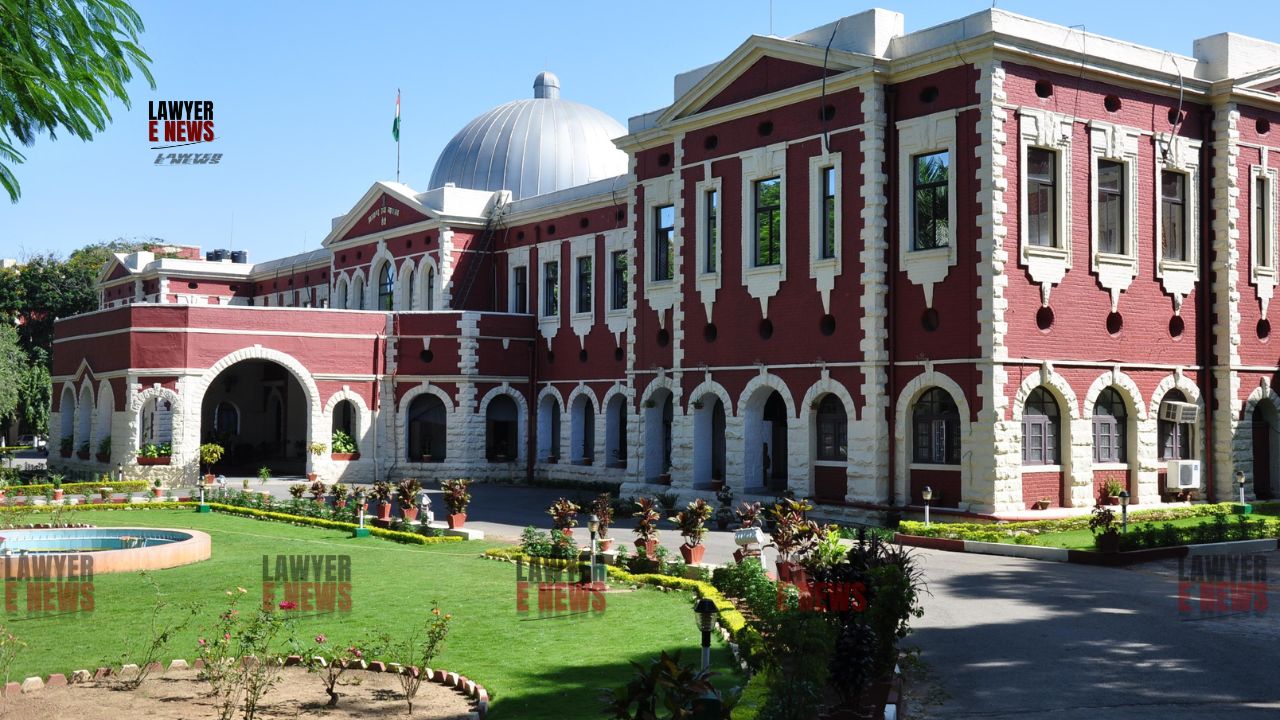-
by Admin
15 February 2026 2:36 AM



Ranchi, May 2024 – In a significant judgment, the High Court of Jharkhand at Ranchi has dismissed the appeals filed by workmen of UMI Special Steel Ltd. Challenging the denial of statutory interest on arrears of wages from the sale proceeds of unsecured assets during the company’s liquidation. The court, comprising Justices Sujit Narayan Prasad and Arun Kumar Rai, upheld the decision of the lower court, emphasizing the legal distinction between workmen and secured creditors in the context of statutory interest under the Companies Act, 1956, and the Companies (Court) Rules, 1959.
The appeals were filed under Section 483 of the Companies Act, 1956, contesting the order dated November 1, 2018, which rejected the workmen’s claim for statutory interest on their arrears of wages. The appellants, Gopal Mahto and Nand Keshwar Prasad, represented 236 workmen seeking interest from the sale proceeds of the unsecured assets of UMI Special Steel Ltd., a company in liquidation.
The workmen of UMI Special Steel Ltd. Filed multiple applications before the Labour Court, Hazaribag, seeking wages, retrenchment compensation, and gratuity for the period from August 1, 1997, to August 4, 2003. The Labour Court decreed a total sum of ₹14,96,29,240 in favor of the 236 workmen. The company went into liquidation on August 5, 2003, and the Official Liquidator admitted the workmen’s claims under Section 529A of the Companies Act, 1956.
The Official Liquidator sold the unsecured assets of the company, raising ₹8,51,01,000, which was kept in a fixed deposit account. The workmen initially sought payment of their arrears from these proceeds, and their claims were ultimately upheld by the Supreme Court after a series of appeals. After receiving their dues, the workmen filed an interlocutory application in 2016, seeking statutory interest on the arrears from the sale proceeds, which was rejected by the Company Court on November 1, 2018.
The court underscored the legal principles guiding the adjudication of claims during company liquidation, particularly the distinction between the rights of secured creditors and workmen. The court observed, “Workmen and secured creditors are pari passu only for principal amounts, not for statutory interest.”
In addressing the appellants’ arguments, the court noted that the workmen’s claim for statutory interest under Rule 156 was not substantiated, as the rule pertains to creditors generally and not specifically to workmen. The court stated, “The claim for statutory interest by the workmen was settled without raising the interest issue initially, and thus no vested right for interest was established.”
The judgment elaborated on the concept of vested rights, explaining that vested rights are those which are fixed and accrued, not subject to contingencies. The court cited previous rulings, including MGB Gramin Bank v. Chakrawarti Singh and Vijay Industries v. NATL Technologies Ltd., to distinguish the nature of claims that qualify as vested rights. The court concluded that the workmen’s claim for interest did not meet this threshold.
Justice Sujit Narayan Prasad remarked, “The right to statutory interest claimed by the workmen does not constitute a vested right, as it was neither an agreed term nor an adjudicated part of their original claims for arrears of wages.”
The dismissal of the appeals reinforces the legal framework distinguishing the treatment of secured creditors and workmen in liquidation proceedings. The judgment clarifies that while workmen and secured creditors share pari passu status for the principal amount, this parity does not extend to statutory interest claims. This decision is expected to influence future cases involving the liquidation of companies and the prioritization of claims.
Date of Decision: May 14, 2024
